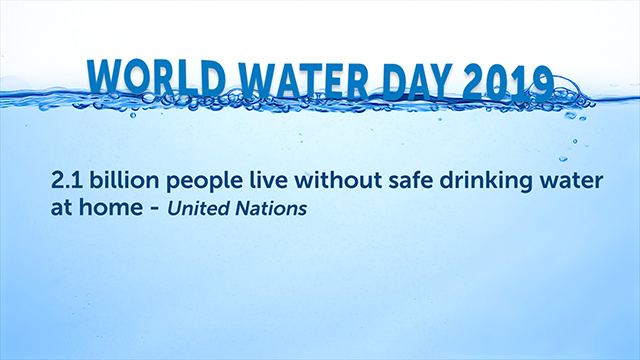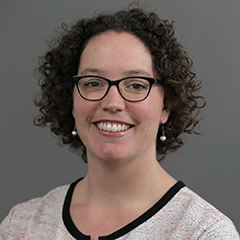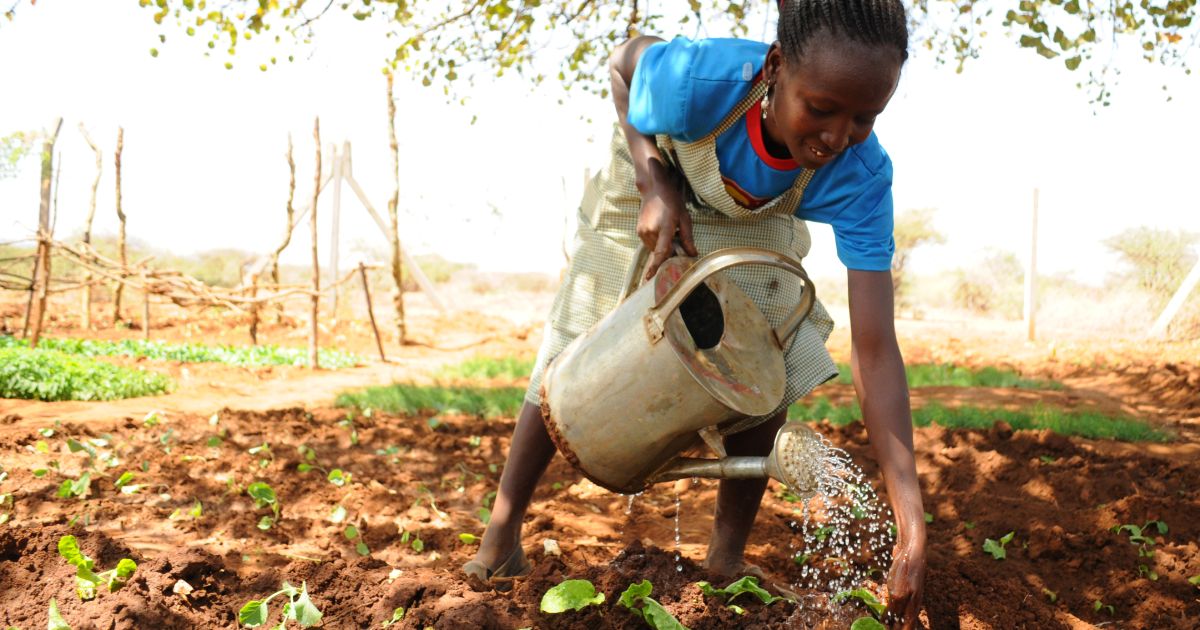Millennium Challenge Corporation
The Millennium Challenge Corporation’s (MCC) Cabo Verde Compact II (2012-2017) funded the $41.1 million Water, Sanitation, and Hygiene (WASH) Project which aimed to establish a financially sound, transparent, and accountable institutional basis for the delivery of water and sanitation services to Cabo Verdean households and firms.
The compact aimed to improve water and sanitation service delivery and reduce the cost of these services to Cabo Verdeans, who paid almost three times as much for water as residents of any other country in Africa. Before the start of the WASH Project, the government of Cabo Verde had already taken important preliminary steps to improve the legal and regulatory framework in the WASH sector. The WASH project advanced this work through the following activities:
- The National Institutional and Regulatory Reform (NIRR) activity, designed to reform national policy in the WASH sector and strengthen the institutions that governed the sector.
- The Utility Reform Activity (URA) which transformed ELECTRA and the eight inefficient municipal utilities on the island of Santiago into Águas de Santiago (AdS), an autonomous corporate entity.
- The Infrastructure Grant Facility (IGF) activity, which included the Water and Sanitation Fund (FASA) to expand and improve the quality of infrastructure in the sector, and the Social Access Fund for Water and Sanitation Connection (FAS), which subsidized household connections to water and sanitation utilities.
Mathematica is conducting a mixed-methods ex-post performance evaluation of the WASH Project to understand how the project was implemented, determine what its effects on key outcomes of interest were, and evaluate the sustainability of the project’s investments in infrastructure and institutional reforms. The evaluation includes qualitative process evaluations of each activity, complemented by quantitative analyses to estimate the impacts of the program on activity-specific outcomes as well as outcomes that could be influenced by multiple activities.
The evaluation involves two rounds of data collection, one shortly after the Compact ended (2018 interim round) and one three years later (2021 endline round). Qualitative process analyses of each project activity conducted as part of the interim round of the evaluation (1) explored whether MCC’s investment was implemented according to plan, (2) helped contextualize quantitative evaluation results, and (3) provided a deeper understanding of the way policy changes affected different facets of the WASH sector. Additional analytical methods included a trend analysis of billing and payment data provided by the new utility, use of ultrasonic meters to measure meter accuracy and non-revenue water loss, and qualitative case studies of a subset of projects funded by the Infrastructure Grant Facility. In addition, Mathematica is conducting two rounds of household surveys to provide MCC with evidence on the project's contribution to improvements in outcomes in the project logic. The results will also help the government of Cabo Verde and the intermunicipal AdS water utility corporation, created in 2016, strengthen the implementation of recent reforms, with the overarching goal of expanding access to improved water and sanitation.
Evidence & Insights From This Project

World Water Day 2019
Mathematica marks World Water Day 2019 with new video that highlights how our partnership with the Millennium Challenge Corporation is improving access to safe drinking water for people living in Cabo Verde and sub-Saharan Africa.
Learn MoreSee Clearly. Act Quickly.
Our experts can help you make smart, sustainable decisions. From local to global challenges in health, human services, and international development, we’re here to improve public well-being and make progress together.
Work With Us


